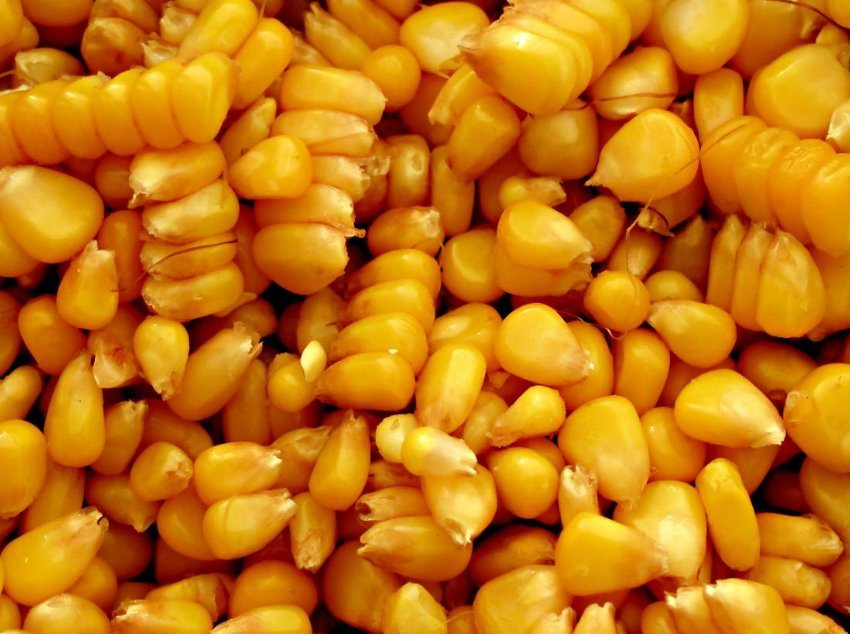Research Institute develops quality protein maize varieties
The Institute of Agricultural Research and Training (IAR&T), Ibadan, has developed Quality Protein Maize varieties containing 4.015g lysine/100g of protein against 2.96g/100g of protein for normal maize.
The institute’s Director-General, Prof. James Adediran, made this known in an interview with the News Agency of Nigeria (NAN) on the sideline of Research Extension Farmers Input Linkage System(REFILS) South-West workshop in Ibadan.
Adediran said the institute’s primary goal is to ensure self-sufficiency in food and industrial raw materials production within a reasonable time.
He noted that they developed and released green maize varieties (AR-SWT-1, 2, 3), with moderate cob size, vitamin A, good taste and disease tolerant.
According to him, IAR&T also developed yellow composite popcorn varieties: Corn-pop-co, Corn-pop-C1, and Corn-pop-C2.

“They have yield increase of about 29 per cent over the existing varieties, yielding above 2.5 tons per hectare, yellow seeded and have high popping quality.
“These popcorn varieties have been classified into late, medium and early maturing genotypes; stem-borer resistant varieties have been developed and available for farmers.
“We also developed six striga resistant maize hybrids and so many others,” he said.
On industrial crop based technology, he said Ife Ken 400 has been released to farmers as a variety good for core, fibre and seed.
“On grain legume based technology, varieties of cowpea developed include: Ife brown, Ife BPC, MOD and Ife 98 to 12 among others.
“For product development based technologies, we have 40 food recipes from soya bean, cereals either sole or in combination with other locally grown agricultural crops like cassava, cocoyam.
“We also identified nutritionally safe, locally available coagulants such as alum, bombom stem extract, ogi steep water (omidun), lime juice in soya cheese preparation,” he said.
Adediran further disclosed that their scientists in collaboration with others in the zone conducted diagnostic survey for the Agricultural Development Projects (ADP) to identify production constraints of farmers.
“Consequently, proven technologies to remove such constraints from time to time have been proffered and made known to farmers,” he said.
He finally assured that the institute under his management would always be ready to do everything possible to assist REFILS to achieve the set goal.
Comments
Post a Comment